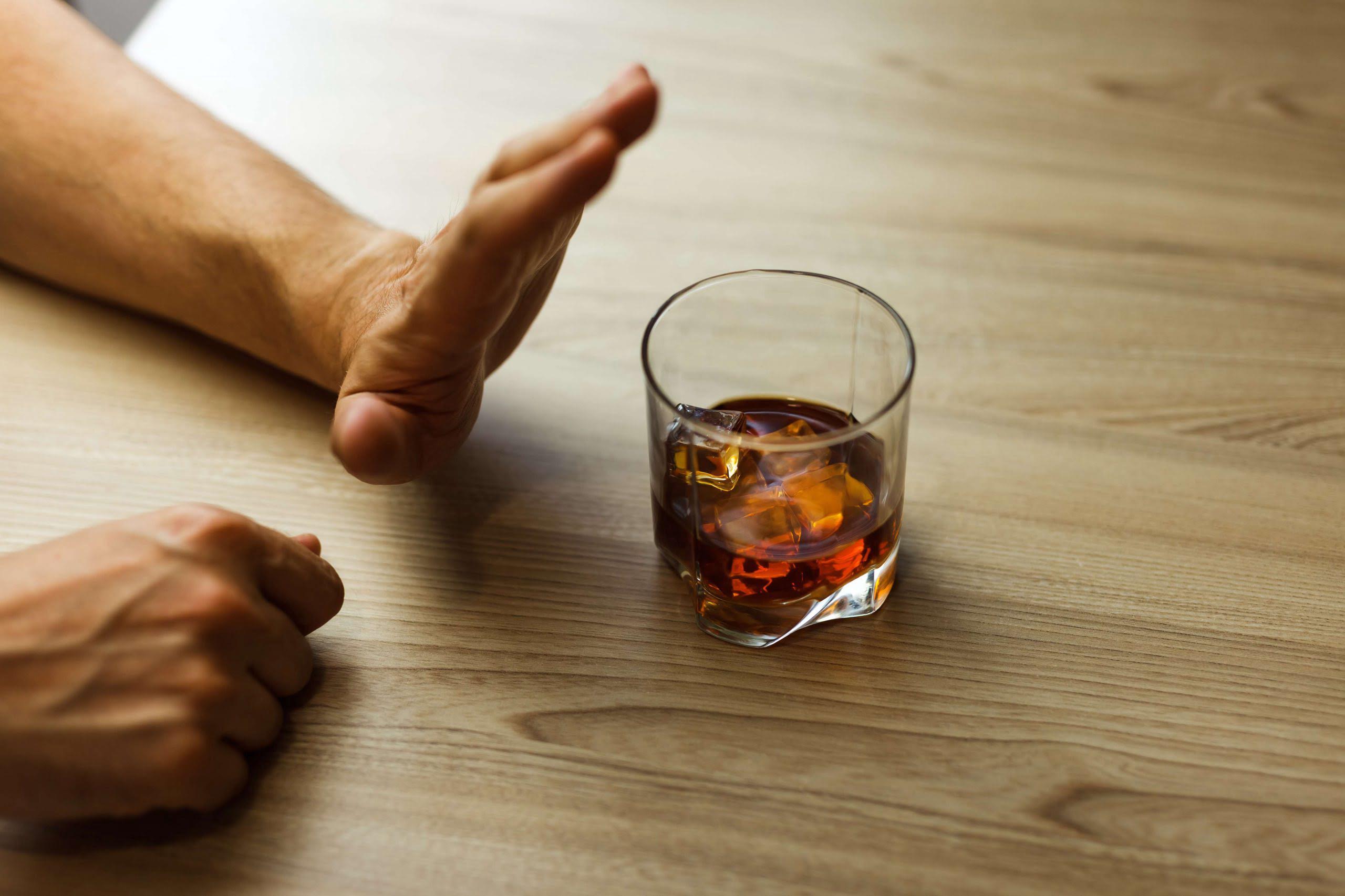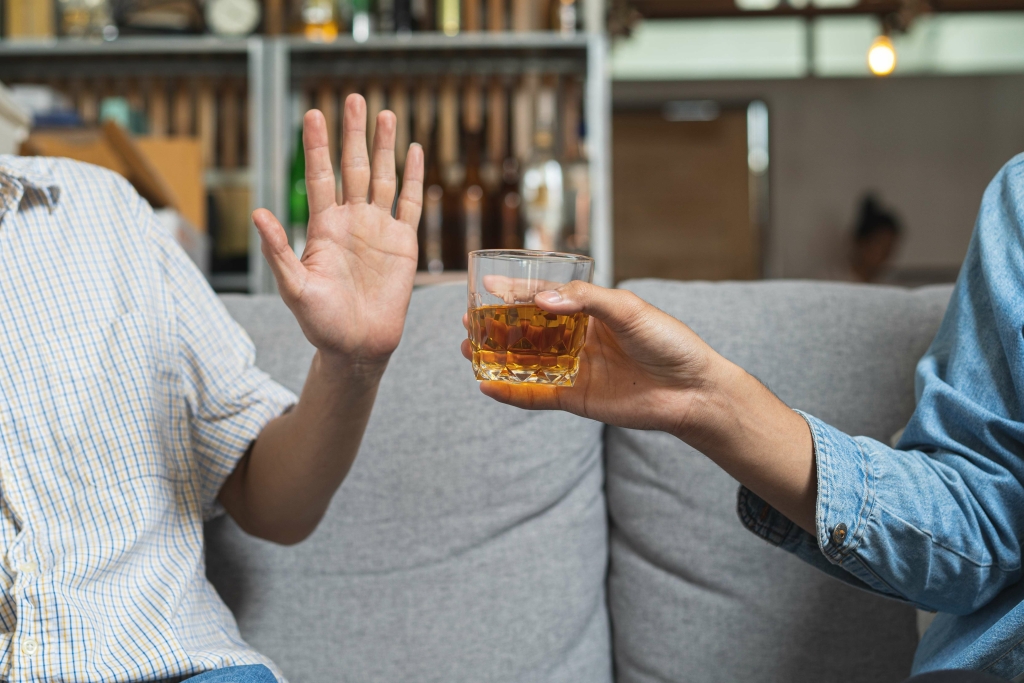Your cart is currently empty!
How Long to Wait Between Drinking Alcohol and Bedtime
Studies show mixed results, with alcohol insomnia and related sleep disruptions lasting from five weeks to six months. Benzodiazepines may help sleep problems during withdrawal, which can help you avoid relapse. But they may not be prescribed beyond this as there’s a risk of side effects like withdrawal, rebound insomnia, addiction, and overdose when mixed with alcohol. They can also suggest the best ways to manage withdrawal symptoms, which can include sweating, anxiety, vomiting, and tremors — all of which can impact sleep. Yet, plenty of evidence suggests, lifestyle adjustments, practicing good sleep hygiene, and seeking professional help can counteract this.
Can’t Sleep without Alcohol? Drinking to Fall Asleep
Remember, understanding what’s happening to your sleep when you quit alcohol is half the battle. Continue your journey and explore the science behind insomnia after alcohol detox. REM sleep – the dream-stage of sleep, where most restorative processes occur – is adversely affected by alcohol. After drinking, you might notice that you dream less, which is a typical indication of shortened REM sleep. Think of your body as a downtown city – buzzing with events and activity. Alcohol had been hosting one of the most attended shows for years and, suddenly, it’s gone.

The Human Sleep Cycles
He passed away in 2005 from complications of an injury and continued addiction. “I will be supportive of your recovery but I will not enable your addiction,” she was fond of saying. Other physical signs of withdrawal may include tremors, shakiness, nausea, vomiting, headache, sweating, heart palpitations, and more.
New Feature for 2024 Apple Watch Reportedly Detects Sleep Apnea
Difficulty sleeping, particularly when a person feels that they can’t sleep sober, may increase the risk that they will relapse. I know from experience that there are supplements and lifestyle strategies that can be of tremendous help in restoring biochemical balance and stopping alcohol withdrawal insomnia. For casual drinkers, there are several steps you can take to stop alcohol from disrupting your sleep. CBT-I is a first-line treatment for insomnia, both in those with and without alcohol use disorder. Going sober isn’t always easy, though, and it may not be safe to quit alcohol cold turkey.
How Long to Wait Between Drinking Alcohol and Bedtime
And we quickly build a tolerance for the sedative effects of alcohol, which means you may need to drink more to have the same initial sleep-inducing effects. Such problems can persist for some time even after you decide to quit drinking. In fact, difficulty sleeping is one of the most common alcohol withdrawal symptoms and one that causes many to relapse. We will now proceed to can’t sleep without alcohol discuss why it’s so difficult to sleep during alcohol withdrawal, followed by my Top 10 Remedies to resolve insomnia after quitting drinking. I’ll then review some lifestyle strategies that I still use to this day to ensure a great night’s sleep. If you have alcohol use issues, you may experience insomnia when drinking, during withdrawal, and months or years after going sober.

While you don’t have to avoid places and situations where you usually drink alcohol altogether, some people do prefer to do just that (42%). Others plan activities that don’t typically involve alcohol (44%) or just choose their favorite non-alcoholic drink to enjoy while socializing (36%). “Over the last year, I have reduced my consumption to about 2-3 drinks per week — usually out at dinner with my wife — whereas before I was drinking 14 or more drinks a week,” he shares. Even though a glass or two may help you initially drift off faster, it probably won’t benefit your sleep quality in the long run. Sleepwalking and parasomnias — You may experience moving a lot or talking while you’re sleeping. There’s a chance you’ll physically act out your dreams in your sleep, or even sleepwalk.

However, these nutrients taste pretty terrible, so they’re not often found in blends. When I began taking DLPA in the mornings, I began https://ecosoberhouse.com/ feeling better almost instantly. This supplement contains precursors to pain-relieving endorphins and energy-giving adrenaline.
Factors influencing sleep improvement timeline
- The desire for alcohol is frequently the result of boredom, therefore if the mind is engaged in something else, you’re less likely to reach for that bottle.
- Although experts can’t be certain that alcohol directly causes insomnia, numerous studies have found a link between this sleep disorder and alcohol consumption.
- Don’t let the fear of insomnia or other effects from alcohol cessation discourage you from seeking sobriety.
The ascent on the anxiety and stress scale during this phase is a common observation. Now, link this fact to another – stress and anxiety are known adversaries of a good night’s sleep. In 2008, Mom passed away from throat cancer, one day after my six year sober anniversary. I still remember that one of the last times we spoke, she told me she was proud of my recovery. As Mom grew older, she shared with me some lessons she had learned through her affiliation with Al-Anon, a support group for family members of loved ones struggling with addiction.
Insomnia is subjective to the person involved as everybody’s body responds differently to different conditions and stimulants. Mom would be so happy to know that myself, our partners, and our team are carrying on her legacy in her home state. I don’t know if my own recovery process would be intact without her and the lessons she shared. So much of what we share with our clients at Midwest began with Betty Lou.
The duration and severity of alcohol use play a significant role in the recovery timeline. Those who have been heavy drinkers for many years may experience a longer adjustment period compared to moderate drinkers. The body and brain need time to heal from the long-term effects of alcohol, and this process can take longer for those with a history of prolonged, heavy use. It’s worth noting that the long-term benefits of quitting alcohol extend beyond just improved sleep.
Leave a Reply